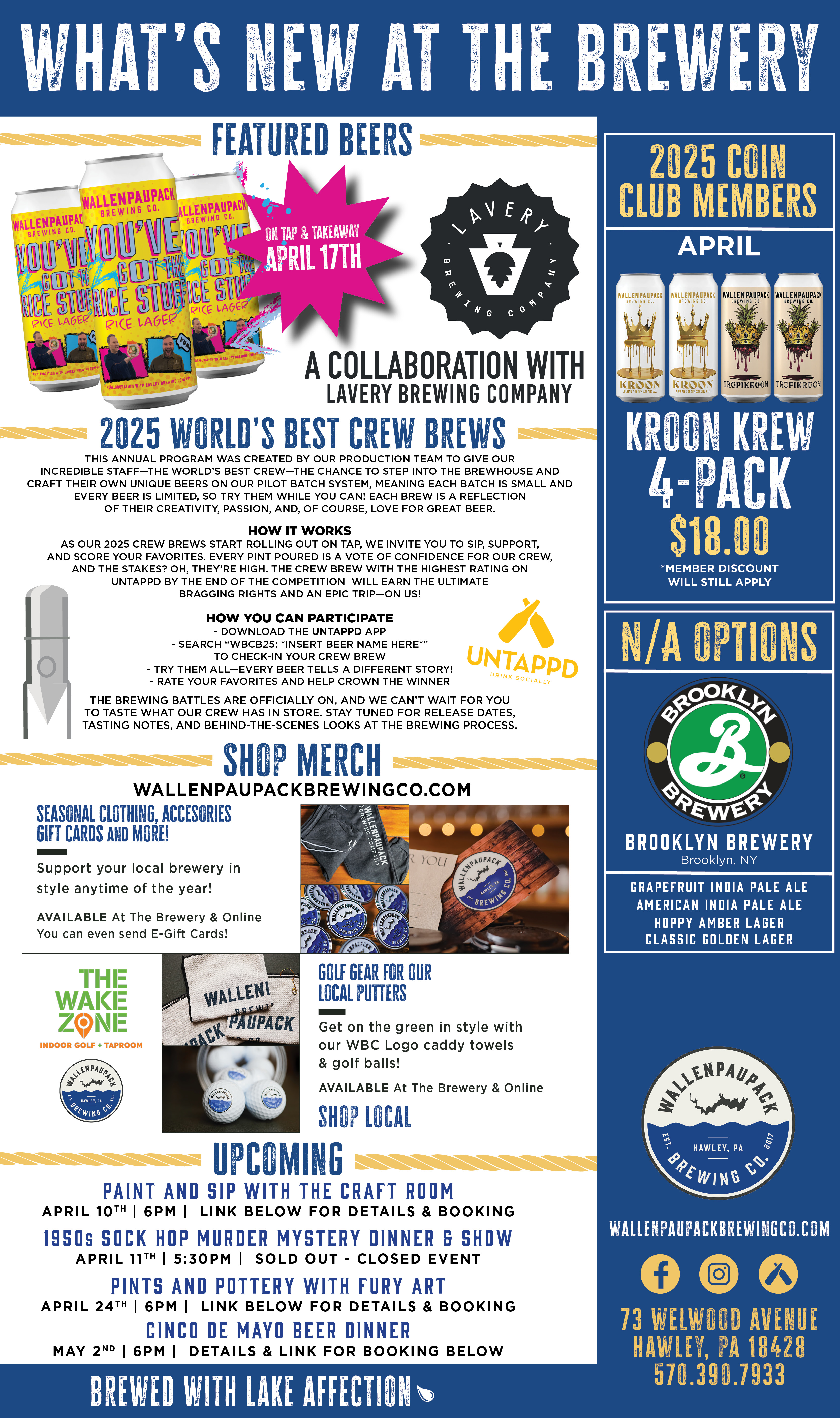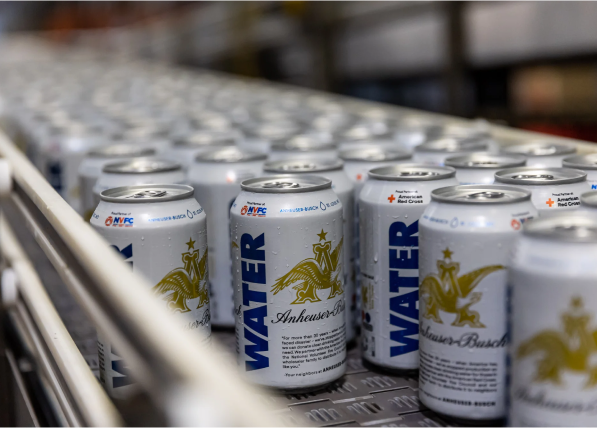
There’s an old yarn that tells the tale of medieval people quaffing beer because it was safer to drink than water. True? Who can tell for certain? Sounds like a happy place where our often-hoppy beers would fit right in. EvenPrevention recently gave beer props for its—dare we say—healthful properties.
One thing we can be certain of: we’re a brewery that likes hop-forward beers, crafting them with the very best hops and bright, fresh Brandywine Creek water. We sat down with senior brewer Matt Couch to get the 411 on how the high-quality hops we use make it from the field to your glass.
Where does Victory get top-notch hops?
Matt: We source most from the Yakima Valley in Washington State. It’s a well-known growing valley, and the area is one of the largest producers of really good hops.
How do you choose among the valley’s bounty?
Matt: We go there every year to visit growers, communicate our needs, learn about new varieties they’re growing and discuss the growing year, harvest, yield and how the hops are performing as a whole. This conversation is hugely important so we get the consistency we need and also some unique hops for specialty uses.
How do you determine if the quality is Victory-worthy?
Matt: We go right to the fields with the growers. We like to get right in there, walk to different lots and see what’s growing. Aroma is true to the flavor, so we take hops off the vine, give them a rub, break them apart and take a good sniff. It’s amazing.
Do you discover new hops every year?
Matt: Yes and no. We’re always finding hops in the field where you think, “I could imagine doing something with this.” There are already more than 50 varieties and counting. So when we’re in the field, we’re looking for certain characteristics, especially when we’re dreaming up something new like Vital IPA and Hoppy Blonde .
At the same time, when a grower is taking on a program to develop a new variety—breeding them together, analyzing the seeds, aiming for a certain aroma— it takes about 10 years. So what we see as new has been growing 10, maybe 15, years. And it’s totally worth the wait for that exceptional aroma and flavor those growers create.
How about all those German-style beers we see on the beer list?
Matt: We definitely have a German heritage and head across the “big pond” to check out those hops. There are four renowned growing regions that provide a small yet mighty variety. You’ll see names like Tettnang and Spalt pop up on our beer list—those are the German noble hops.
Do you visit Germany?
Matt: One of our owners, Ron Barchet, is fluent in German and makes the trip. Every region has its own character and Ron knows what we need for signature beers like Prima Pils, Helles Lager, Festbier and others—plus whatever else he has up his sleeve. So he’s out in the fields looking for intense aromas.
What makes German hops different?
Matt: You tend to get more herbal aromas like spicy coriander and clove. They’re earthy, yet you’ll find light citrus, lime zest and even a bit of cucumber.
American hops bring more grapefruit, melon, passion fruit and other tropical fruits. It’s all good; it just depends on what you’re going for with a particular beer style.
How do all of Victory’s carefully selected hops make it to the brewery?
Matt: There’s an amazing logistics system in place here so the hops arrive when the brewers are ready. We use only whole-flower hops, so the bales are around 200 pounds each. That’s quite a heavy load of hoppy goodness!
Our American hops can get here in four to five days. German hops take about two weeks since they’re loaded on a refrigerated container on a ship.
Between both countries, we use around 500,000 pounds of hops each year. Thanks to our expansions, we’re looking at an increase in production by about 10 to 15 percent per year. That’s a lot of hops.
You really seem to revere humble hops!
Matt: It’s an amazing plant. It gives many of our beers that distinctive and completely awesome Victory taste. But so much more is being done outside of brewing. Compounds in hops are being used on bees to prevent parasites and keep them healthy. That’s huge since bees pollinate plants and without bees—not good. Hops have antibacterial properties, too.
Enough geeking-out: back to beer. Here at Victory, whole-leaf hops are hugely important to many of the beers you drink. We take great care and great pride in going right to the source to sniff out the finest hops for our current and future brews. That’s a promise.
Curious about our hoppy beers? Stop by one of our brewpubs and chat up our knowledgeable bartenders. Keep an eye on what’s on tap—plus our chef-inspired daily menu additions—at Downingtown and Kennett Square. Live somewhere in between? No worries: our Parkesburg Brewpub is nearly ready to serve. Cheers!









0 comments (click to read or post):
Post a Comment
Please leave a comment...I do moderate each comment so it may not appear immediately...and please be nice! You can also comment using Disqus (below) or even comment directly on Facebook (bottom).